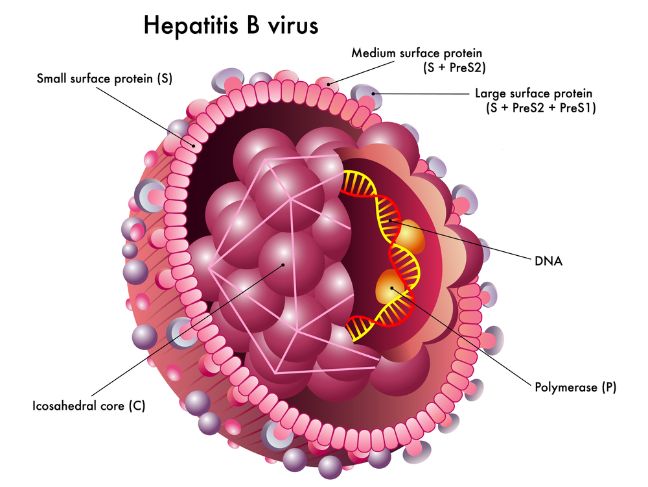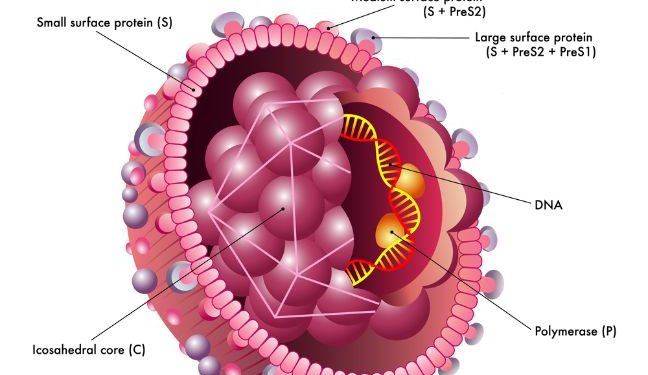Viral hepatitis is an infection that causes inflammation (swelling) in the liver. This can damage the liver, which is responsible for cleaning out toxins from your blood, making an important digestive fluid called bile, and regulating hormones. Hepatitis is a common disease, and it can happen to anyone.
Most people who have viral hepatitis are infected with one of three viruses: hepatitis A, hepatitis B, or hepatitis C. The hepatitis A virus is the most common, and it can cause acute or chronic infections.
Hepatitis A symptoms include fever, nausea, diarrhoea, abdominal pain, dark-colored urine, and jaundice. Symptoms typically start within a few days of the initial infection and usually end within weeks or months.
There is no known cure for hepatitis A, but most people who get the infection can recover after treatment. Prevention of hepatitis A involves improving personal hygiene and food safety practices, and immunizations.
Acute hepatitis is generally easy to diagnose, but chronic hepatitis can be difficult to detect. Many patients with chronic hepatitis do not have any specific symptoms, and they may not even know they have the disease until jaundice occurs.
The diagnosis of hepatitis is made by observing symptoms and by taking blood tests. A blood test can detect antibodies that help to identify the particular type of virus that is causing the hepatitis.
Often, hepatitis A is spread through coming into contact with contaminated food or water. It can also be transmitted by sharing needles and other equipment used to deliver drugs. In rare cases, hepatitis A can be transferred through sexual contact.

It is not known why some people develop hepatitis A while others do not. However, it is believed that some people do not have immune systems that protect them from the disease, and they can be more likely to become infected.
Hepatitis A symptoms can also include a loss of appetite, fatigue, abdominal pain, and itching. They can last for days or weeks, and some people experience a relapse with symptoms that are worse than before the first episode of illness.
Another common hepatitis A symptom is jaundice, which is yellowing of the skin and whites of the eyes. This is a result of the body not being able to remove bilirubin from the blood as it normally does.
This bilirubin is secreted into the intestine and excreted in stool, giving stool its typical brown color. When the bilirubin in your blood cannot be removed, it stays in your blood and makes your stools pale, as well as your urine dark.
Your hepatitis may not respond to any treatment, or it may require medication that is specific to the virus causing the hepatitis. Your doctor will determine the right medication based on your age, medical history, and other factors.
The goal of treatment is to control the amount of hepatitis and prevent a serious condition that may lead to liver failure or cancer. In severe cases, liver transplantation may be necessary.









